Did you know that you can choose to give up some of your salary in exchange for non-cash benefits? This is called salary sacrifice, or sal sac for short.
Non-cash benefits are perks or rewards provided by your employer. They’re offered instead of giving you the equivalent amount in cash. For example: pension contributions, childcare vouchers, gym memberships, or company cars.
These kinds of non-cash benefits have tax advantages. They’re provided ‘in kind’, which just means they’re given as goods or services rather than as cash.
How this works is that instead of getting the full amount in cash, part of your salary goes towards things like pension contributions, childcare vouchers, electric vehicles, financial coaching or other perks.
This money is taken from your gross pay before it’s taxed by HMRC. So by doing this, you might pay less income tax and National Insurance because your taxable earnings (gross pay minus salary sacrifice) is lower.
Your employer helps set up the agreement and adjusts your salary accordingly. You’ll have a written agreement with your employer that explains the details of the sacrifice and the benefits you’ll receive.
So despite its slightly terrifying name, salary sacrifice is actually a really handy way to access your workplace benefits.
One thing to keep in mind is that some means-tested benefits or tax credits might be affected because your salary is lower.
Once you start a salary sacrifice agreement, it usually lasts for a specific period and can’t be easily changed until the end date. So make sure you check the terms of any salary sacrifice scheme with your employer before making any decisions. And take the time to think about how it will affect your overall salary, pension contributions, benefits, and future entitlements. If you need to, you can seek advice from a financial coach or financial adviser.
Some things to think about with salary sacrifice
- Take a minute to think about the impact on your take-home pay and understand how it will affect your actual earnings before committing to it.
- You’ll also want to think about the effect it will have on your budget and money goals if your overall take-home pay will be lower due to salary sacrifice.
- If you’re eligible for or currently receive any means-tested benefits, you’ll want to check to see if your eligibility would be affected if your take-home pay decreased.
- If you’re thinking about buying a house and planning to put in a mortgage application, you’ll want to see if a reduction in your gross earnings will mean that you miss out on a good mortgage rate or the mortgage product that you want.
- Because you usually sign up for a benefit for a certain period of time, make sure you’re comfortable with the amount of time that you’re signing up for.
- Check to see the impact this could have on your pension contributions and retirement savings.
- Make sure you know the value of the non-cash benefits, and whether they’re relevant to you and your situation or not.
- Be sure to read and understand the terms and conditions of any salary sacrifice scheme before signing on.
- Make sure you know how flexible the salary sacrifice agreement that you’re signing up for is. For example, can you easily make changes like cut the agreement short or extend it? If you sign up for 12 months but start to regret it after 3, you might be locked into paying for the next 9 months.
- If you need money advice before making a decision, you can talk to a financial coach or financial adviser.
- If you’re unsure about anything at all, ask your employer’s HR department – they’re there to help!
